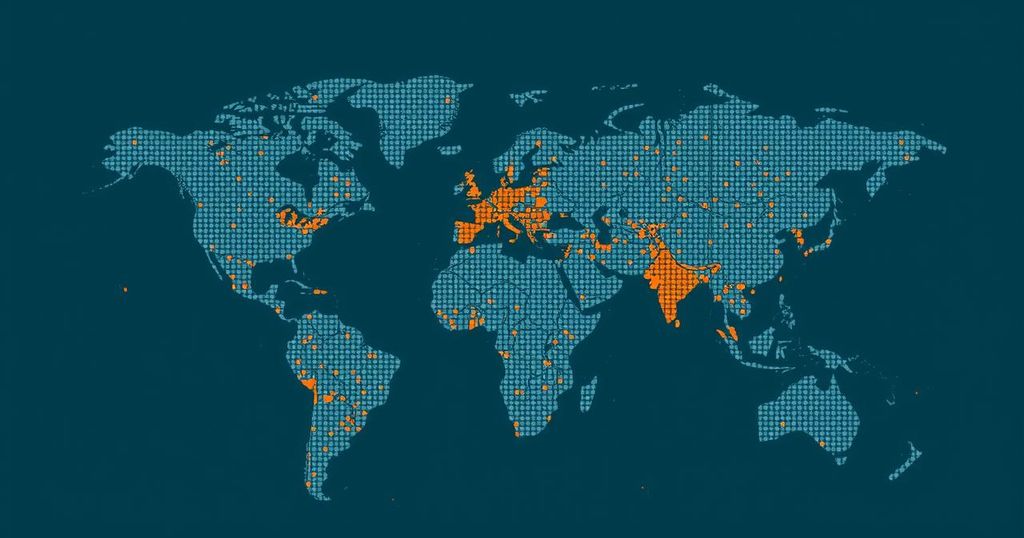Global Health and Humanitarian Challenges: Egypt Malaria-Free, Storm Impacts Cuba, Violence in Mozambique, Support for South Sudan
The WHO has certified Egypt as malaria-free, a significant public health achievement. Simultaneously, the UN is providing assistance to Cuba amid power outages due to Tropical Storm Oscar, investigating opposition figure killings in Mozambique, and supporting flood-affected communities in South Sudan. These events underscore the complexities of health and humanitarian challenges worldwide.
The World Health Organization (WHO) has officially recognized Egypt as malaria-free, marking the end of a disease that has impacted the country for millennia. This milestone not only underscores the dedication of the Egyptian populace and government but also serves as a significant success in the global fight against malaria, particularly in a country with over 100 million residents. Dr. Tedros Adhanom-Ghebreyesus, WHO Director-General, highlighted this achievement as historic and an inspiration for other nations. As Egypt joins a select group of countries, including the United Arab Emirates and Morocco, WHO commends its efforts and urges other nations to follow suit. Meanwhile, the United Nations (UN) has activated its response team in Cuba as the nation grapples with widespread power outages exacerbated by Tropical Storm Oscar. The storm has caused heavy rainfall and threatened flooding, following weeks of infrastructure challenges and shortages that left approximately 10 million Cubans in darkness. UN Deputy Spokesperson Farhan Haq stated that the UN was prepared to offer support, expressing concern for the worsening conditions. In Mozambique, tensions have risen following the killings of two opposition figures amid recent electoral disputes. UN Secretary-General António Guterres has called for an immediate investigation into these murders, urging individuals to remain calm and reject violence. Concurrently, the WHO is providing assistance in South Sudan as it faces severe flooding affecting nearly 890,000 residents. This humanitarian crisis has been worsened by climate change, leading to substantial displacement and a growing risk of cholera and malaria outbreaks. The WHO has deployed emergency health kits to alleviate the situation, which includes essential medical supplies. These global events highlight the interconnected nature of health, environmental challenges, and political tensions, advocating for increased collaborative efforts to address such pressing issues.
Recent developments in various regions underscore both public health advancements and humanitarian crises. The certification of Egypt as malaria-free by the WHO stands as a monumental public health achievement, while the UN engages in urgent humanitarian support in response to crises in Cuba, Mozambique, and South Sudan. The diverse challenges faced in these areas—from disease eradication to political violence and natural disasters—illustrate the complexities of governance and health on a global scale.
In summary, the World Health Organization’s certification of Egypt as malaria-free represents a crucial victory in public health, while simultaneous crises in Cuba, Mozambique, and South Sudan call attention to the urgent need for international cooperation and intervention. The multifaceted nature of these events highlights the importance of addressing health, environmental, and political issues collaboratively to ensure stability and well-being globally.
Original Source: news.un.org




Post Comment